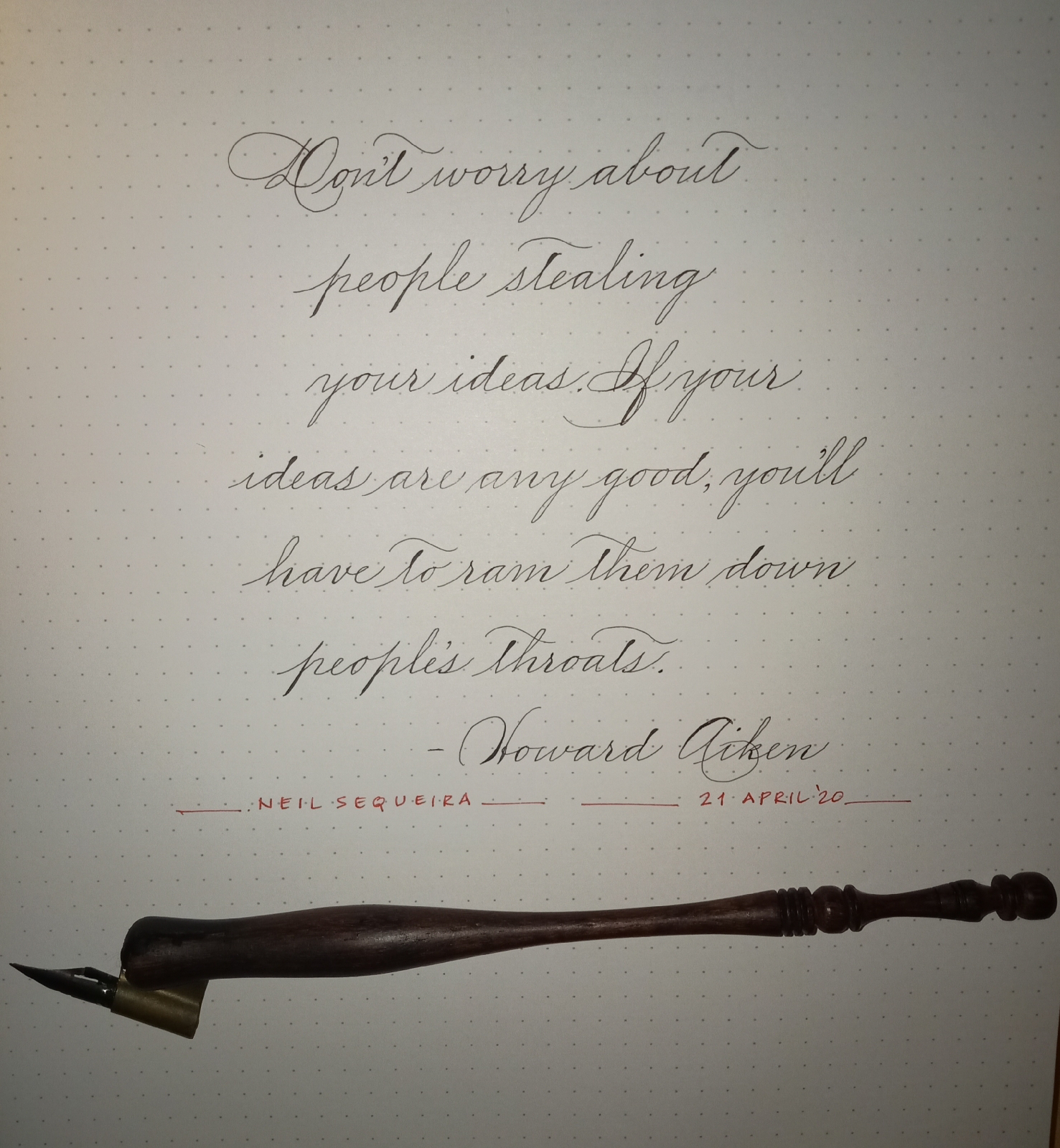Good work, however we term it, is dependent on relationships first and structure second. – Richard Merrick #quotes
Rishad Tobaccowala: 5 Keys to Ensure Professional Relevance #skills
Fran Drescher’s speech on SAG-AFTRA strike
When the facts change, I change my mind. What do you do, sir? – Keynes #quotes
Gaping Void: The Peace Sign wasn’t Invented By Hippies #history
Raymond Luk: Repetition is Sexy In startups, we expect the performance of an elite athlete but we pay no attention to repetition. Why do we expect a first time founder to win a match if they’ve never been on the practice court? #startup
Paul Graham: How To Do Great Work #ideas
Am I working on what I most want to work on?
Great work happens by focusing consistently on something you’re genuinely interested in.
Be professionally curious about a few topics and idly curious about many more
One way to (see more possibilities) is to ask what would be good ideas for someone else to explore. Then your subconscious won’t shoot them down to protect you.
People show much more originality in solving problems than in deciding which problems to solve.
If you were to take a break from serious work to work on something just because it would be really interesting, what would you do?
People think big ideas are answers, but the real insight was in the question.
